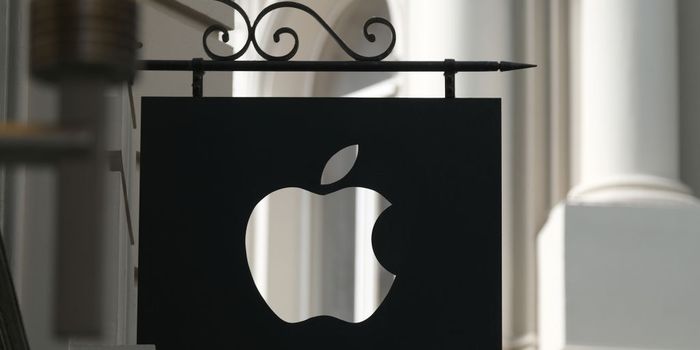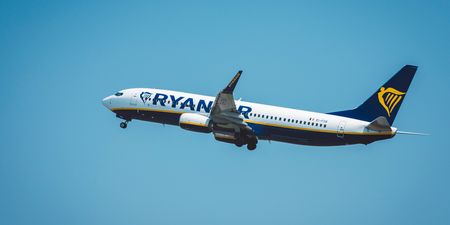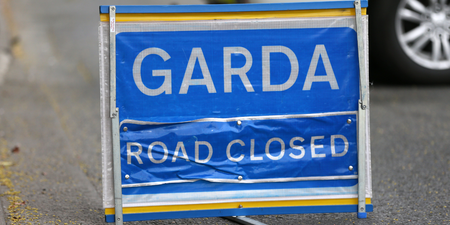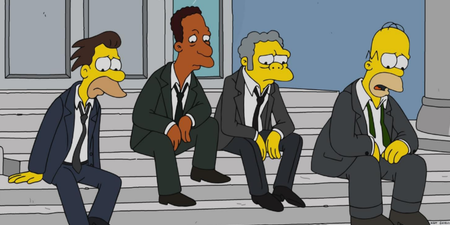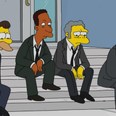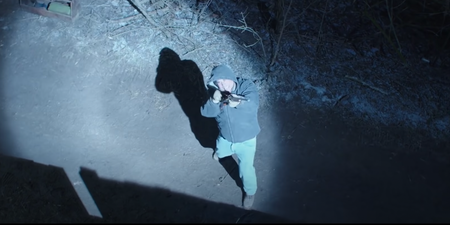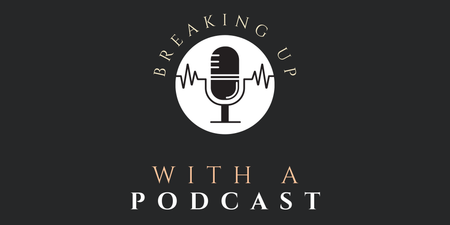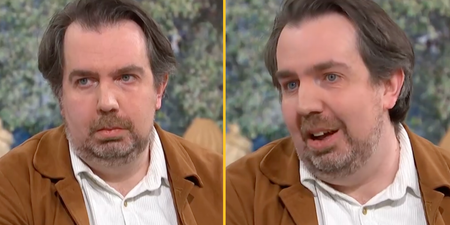€14.3 billion collected by the Irish government will remain in an escrow account.
The General Court of the European Union has annulled a decision made by the European Commission in 2016 that tech giant Apple owed the Revenue in Ireland €13.1 billion in alleged unpaid taxes.
The ruling announced by the General Court, the second highest court in the European Union, means that €14.3 billion in alleged unpaid taxes and interest collected by the Irish government in 2018 at the behest of the European Commission, will remain in an escrow account, where it has been since then.
In 2016, the European Commission determined that tax rulings issued by the Revenue Commissioners in Ireland in 1991 and 2007 in favour of Apple Sales International (ASI) and Apple Operations Europe (AOE) – companies incorporated in Ireland but not tax resident in Ireland – constituted State Aid unlawfully put into effect by Ireland.
The Commission demanded the recovery of aid in question, having deemed that Ireland had granted Apple €13 billion in unlawful tax advantages.
Ireland and Apple appealed the decision and claimed it should be annulled, an appeal that proved successful on Wednesday (15 July).
A statement by the General Court outlining the ruling read: “By today’s judgement, the General Court annuls the contested decision because the Commission did not succeed in showing the requisite legal standard that there was an advantage for the purposes of Article 107(1) TFEU.
“According to the General Court, the Commission was wrong to declare that ASI and AOE had been granted a selective economic advantage and, by extension, State Aid.”
#EUGeneralCourt annuls the decision taken by the @EU_Commission regarding the Irish #TaxRulings in favour of @Apple #Apple #EUCommission #StateAid pic.twitter.com/KoF6r1n82S
— EU Court of Justice (@EUCourtPress) July 15, 2020
The final paragraph in the statement reads: “The General Court considers that the Commission did not prove, in its alternative line of reasoning, that the contested tax rulings were the result of discretion exercised by the Irish tax authorities and that, accordingly, ASI and AOE had been granted a selective advantage.”
The decision is likely to be appealed to the European Union Court of Justice, the highest court in the European Union, but it could take up to three years before a final outcome is delivered.
LISTEN: You Must Be Jokin’ with Aideen McQueen – Faith healers, Coolock craic and Gigging as Gaeilge
